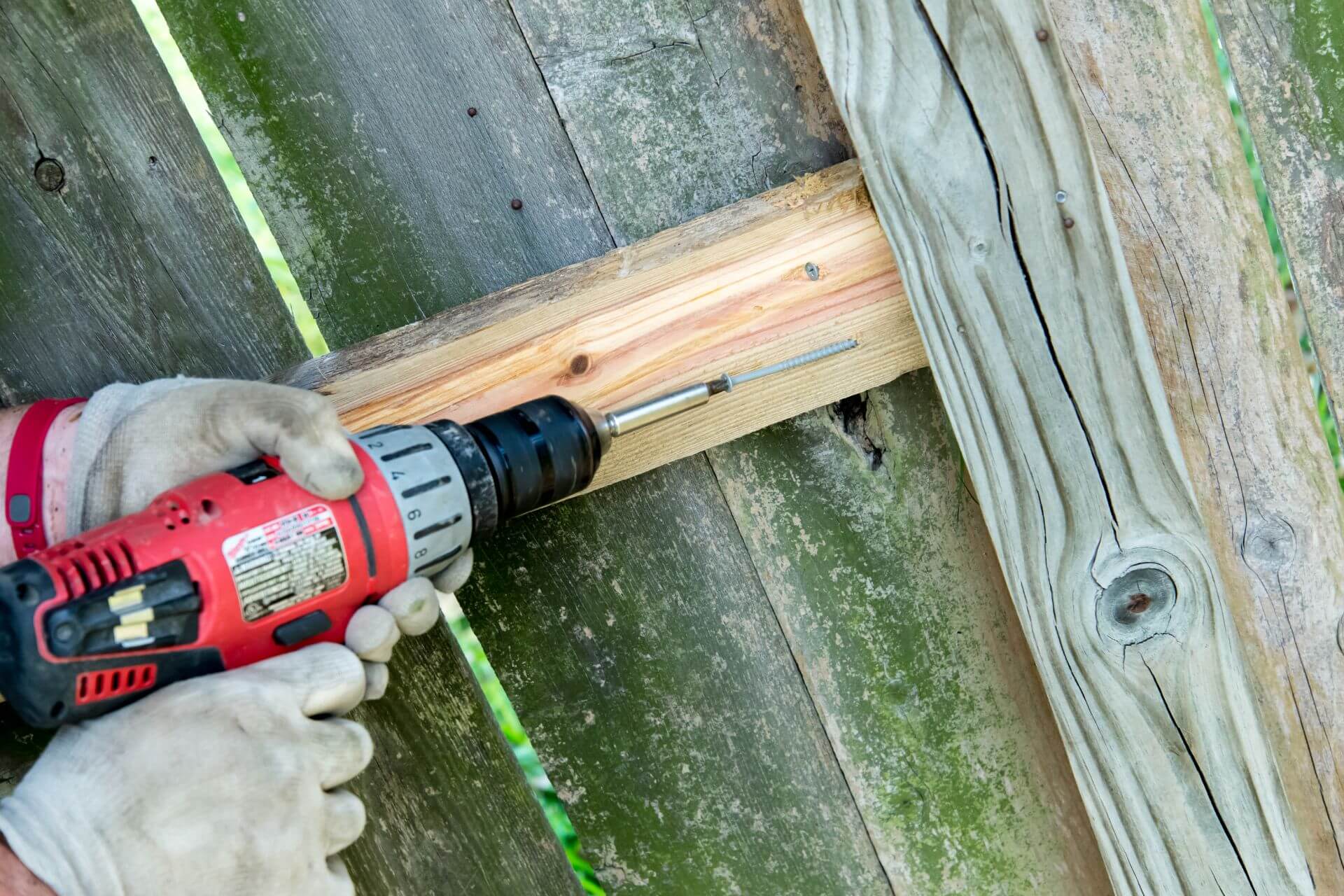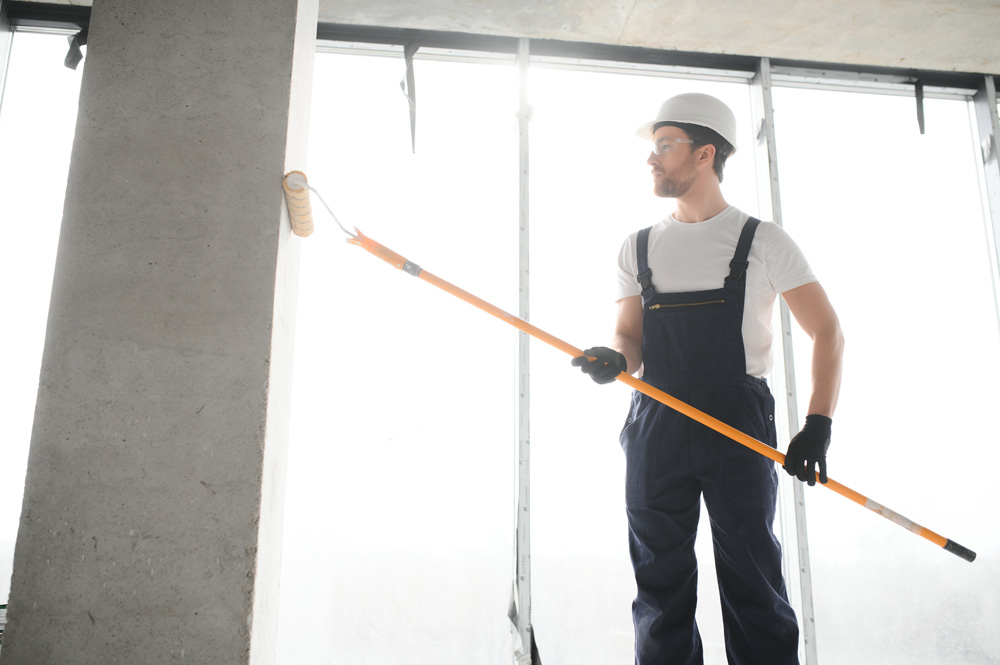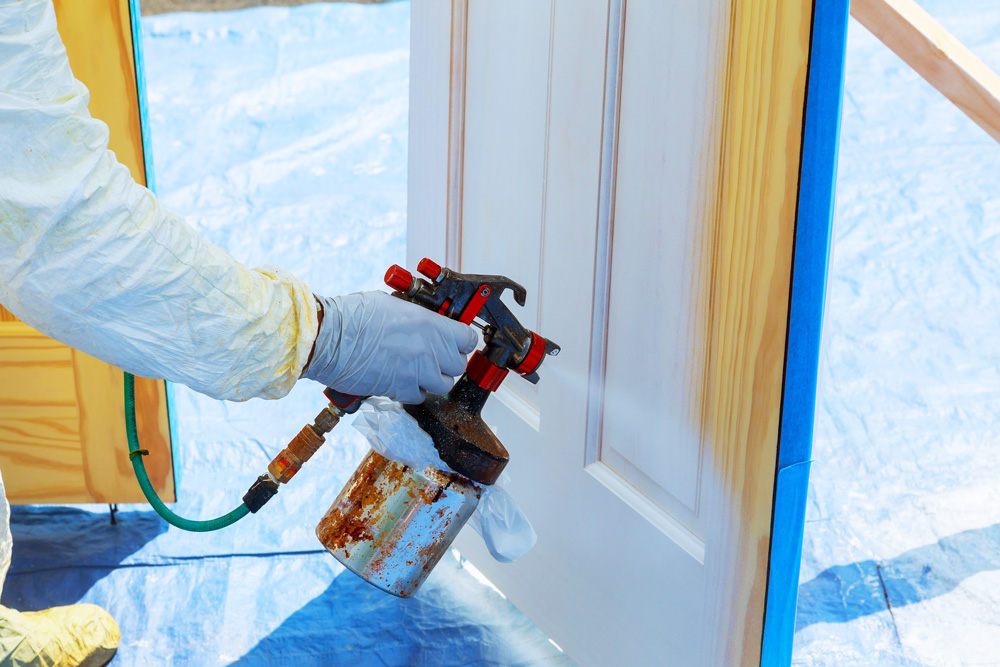
Key Takeaways
- Paint quality, surface type, and local climate all influence how often you should paint your house.
- Regular painting protects your home from damage, enhances curb appeal, and can increase property value.
- Professional painting services offer expertise and efficiency, ensuring a high-quality finish and long-term benefits.
Painting your house is more than just a cosmetic upgrade; it’s a key aspect of home maintenance that protects your property and enhances its curb appeal. But how often should you paint your house to keep it looking its best and to maintain its condition?
In this guide, we’ll explore the factors influencing the frequency of house painting, providing you with essential insights to help you make an informed decision about your next painting project.
The Basics of House Painting
House painting serves several important functions. It safeguards the exterior surfaces from weather damage, prevents rot and decay, and can significantly boost the property’s value.
The longevity of a paint job can vary based on several factors, including the type of paint used, the quality of the application, and the local climate.
Factors Affecting Paint Longevity
- Paint Quality: Higher quality paints often last longer and provide better protection. They resist fading, peeling, and cracking better than cheaper alternatives.
- Climate and Weather Conditions: Homes in areas with extreme weather conditions—such as intense sunlight, heavy rain, or high humidity—may require more frequent painting. For example, coastal homes often need repainting more often due to salt exposure.
- Surface Type: Different surfaces have different needs. Wood, stucco, and vinyl siding each have varying lifespans for paint. Wood siding, for instance, might need repainting every 3-7 years, while vinyl siding could last 10-15 years.
How Often Should You Paint Your House?
Determining how often you should paint your house depends on several factors. Here’s a breakdown of general recommendations for different types of surfaces:
1. Wood Siding
Wood siding is prone to weathering and deterioration. Generally, it should be repainted every 3-7 years. If you notice signs of peeling, cracking, or fading, it might be time for a fresh coat.
2. Stucco
Stucco is more durable and typically requires painting every 5-10 years. However, if your stucco is cracking or showing signs of mold, it may need attention sooner.
3. Vinyl Siding
Vinyl siding is known for its longevity and usually needs painting every 10-15 years. Modern vinyl siding often comes with a factory finish that can last even longer.
4. Metal Surfaces
Metal surfaces, including aluminum and steel, usually require repainting every 5-10 years. Look for signs of rust or peeling, which may indicate the need for a fresh coat.
Implications of Timely Painting
Regularly painting your house not only maintains its appearance but also prevents potential damage. Here’s why timely painting matters:
- Protection from the Elements: Paint acts as a barrier against moisture, UV rays, and other environmental factors. Without regular maintenance, your home’s exterior can suffer from damage and deterioration.
- Increased Property Value: A well-maintained exterior enhances curb appeal, which can positively impact your home’s market value. Potential buyers are more likely to be attracted to a property that looks well cared for.
- Preventative Maintenance: Addressing paint issues before they become major problems can save you money in the long run. It’s easier and less expensive to maintain a good paint job than to repair significant damage caused by neglect.
Considerations and Perspectives
While DIY painting is an option, there are compelling reasons to consider professional services for your next paint job:
- Expertise and Efficiency: Professionals bring experience and efficiency to the table, ensuring a high-quality finish and proper preparation. They can handle challenging aspects like high or hard-to-reach areas.
- Time and Convenience: Painting can be time-consuming and disruptive. Hiring professionals allows you to focus on other tasks while your home receives a professional touch.
- Long-Term Value: Professional painters use high-quality materials and techniques that can extend the life of your paint job, offering better protection and durability.
For expert advice and professional painting services, look no further than Finishing Touches LLC. Based in Conyers, GA, at 3860 Irwin Bridge Rd NW, our team is dedicated to ensuring your home looks its best.
Whether you’re wondering how often you should paint your house or ready to schedule your next painting project, contact us at 770-750-2829. We’re here to help with all your painting needs and ensure your home remains vibrant and well-maintained.
Conclusion
Knowing how often to paint your house is essential for maintaining its appearance and longevity. While the frequency can vary based on several factors, adhering to recommended intervals for different surfaces can help keep your home in top condition.
If you’re wondering, “How often should you paint your house?” consider consulting with a professional to get tailored advice and ensure a flawless result.
If you’re unsure about how often you should paint your house or need expert assistance, contact Finishing Touches today. Our team can provide professional insights and services to keep your home looking its best.
FAQs
Q: How can I tell if my house needs painting? A: Look for signs of peeling, cracking, or fading paint. Also, check for moisture damage or mold growth.
Q: Can I paint my house myself? A: While DIY painting is possible, professional painters offer expertise and can handle challenging areas more effectively.
Q: How much does professional house painting cost? A: Costs vary based on factors like house size, paint quality, and surface type. Contact a painting contractor for an accurate estimate.
Q: How can I extend the life of my paint job? A: Regular maintenance, such as cleaning and inspecting for damage, can help extend the life of your paint job.




